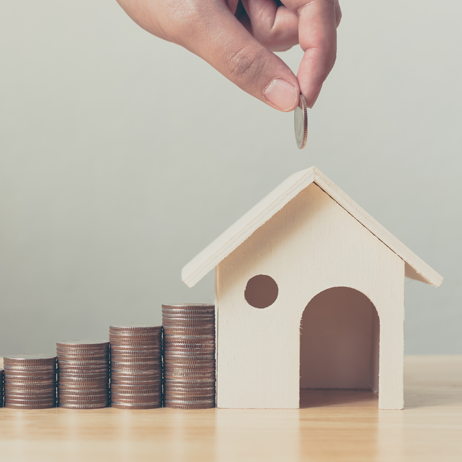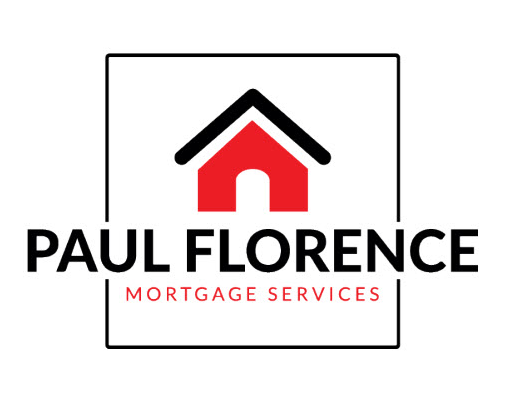Mortgages are invaluable when it comes to affording the home you’ve always wanted. However, they are a loan, and as such, you’ll need to keep up with repayments in order to meet the conditions of the financial agreement.
In basic terms, most people understand what repayments are – money paid each month to your mortgage lender, which over time, pays off your debt to them. However, there’s more to repayments than this. Here’s a quick guide, detailing what else you should know about them.
A handy guide to repayments
- There are different types of repayment.
Repayments can be made in two ways; capital plus interest, and interest-only. Occasionally, it’s possible to do a combination of both.
Interest-only repayments mean you’ll be paying off some of the interest payable on the loan. You won’t be paying off any of the capital (i.e. the money you borrowed in the first place). If you’re only repaying the interest, you need to make sure you can pay off the capital when the mortgage term comes to an end.
Capital plus interest repayments mean you’ll be paying interest, plus some of the capital of the loan. This means that, by the end of the mortgage term, you will have paid off everything that you owe.
- Your loan is secured.
It’s important to remember that your loan is ‘secured’ against your property. As such, if you fail to keep up with your repayments, your lender has the right to repossess your home, to compensate for their losses.
- What you pay depends on your mortgage type.
When choosing your mortgage, you can either opt for a variable or a fixed interest rate. A fixed-rate mortgage offers reliability – you’ll know exactly what you’ll be repaying each month, for a set period of time. A variable-rate mortgage is less predictable, as the repayments may increase or fall, depending on what the Bank of England’s current base rate is.
- You can pay off your mortgage earlier if required.
Most lenders permit you to pay off your mortgage ahead of schedule, if you want. You may also be able to make a one-off ‘bulk’ payment to clear more of your debt. Be aware that this might not be the best option. For example, there might be a fee involved with making an early repayment, or it might be wiser to pay off other debts first (such as those with higher interest rates).
- Bigger deposits mean reduced repayments.
The higher percentage of your property that you own, the lower your repayments will be. This means, if you can put down a larger deposit, your lender won’t have to loan you as much money, which lowers the interest rate. As a result, it might be a wise idea to put down a more sizable deposit, if you can afford it.
Finding the right mortgage
When selecting a mortgage, it’s vital to choose one that offers the best value for money, and that keeps the monthly repayments as low as possible. A good mortgage advisor can assist with finding the right mortgage for you, by browsing all the options on your behalf – saving you time and money in the long run.



